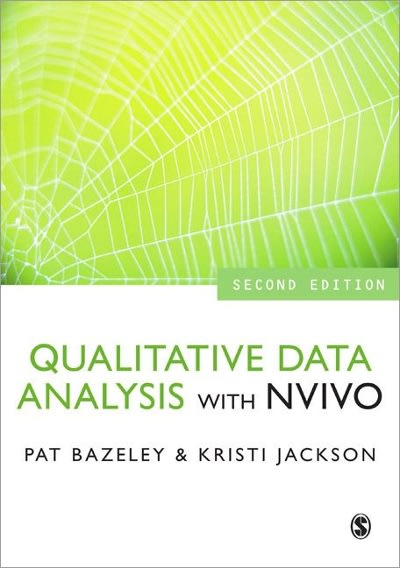Question
Rewrite with citations and references: Title: A Constructivist Approach with Maria: Overview and Benefits Introduction: A constructivist approach in counseling emphasizes the active role of
Rewrite with citations and references: Title: A Constructivist Approach with Maria: Overview and Benefits Introduction: A constructivist approach in counseling emphasizes the active role of the client in their own transformation, with the counselor serving as a facilitator of that change. In this approach, the client and counselor are seen as equals in the collaborative process of meaning-making. In the case of Maria, a constructivist approach would involve empowering her to take an active role in her own therapy and personal growth. The counselor would create a safe and supportive environment for Maria to explore her thoughts, feelings, and experiences. The counselor would encourage Maria to reflect on her own beliefs, values, and assumptions, and help her to construct new meanings and perspectives that align with her goals and aspirations. The counselor would also facilitate the process of change by using various techniques and interventions that promote self-reflection, self-awareness, and personal growth. These may include open-ended questions, active listening, reflection, and reframing. The counselor would collaborate with Maria to co-create goals and strategies for change, and regularly assess progress and adjust interventions as needed. Drawing from narrative therapy, the therapist may help Maria externalize her problems and explore how they impact her life story. By externalizing the problem, Maria can gain a sense of agency and explore possibilities for change. Benefits of a Constructivist Approach One benefit of a constructivist approach is that it empowers clients to take ownership of their own growth and transformation. By recognizing clients as agents of change, this approach promotes autonomy, self-efficacy, and personal responsibility. This can lead to increased motivation, engagement, and satisfaction in the counseling process. Additionally, the collaborative nature of the constructivist approach fosters a strong therapeutic alliance between the client and counselor. By viewing the client and counselor as equals in the meaning-making process, this approach promotes a sense of partnership, trust, and mutual respect. This can enhance the client's willingness to explore and share their experiences, leading to deeper insights and more meaningful change. Consideration for Practice As a counselor, I would consider using a constructivist approach in my practice. This approach aligns with my belief in the importance of empowering clients and honoring their unique experiences and perspectives. By adopting a constructivist approach, I can create a therapeutic environment that promotes client autonomy, self-discovery, and personal growth. However, it is important to note that the effectiveness of any counseling approach depends on the individual client and their specific needs and preferences. Therefore, it is essential to be flexible and adaptable in tailoring the approach to each client's unique circumstances. However, a constructivist approach offers a valuable framework for facilitating client-centered therapy and promoting positive change. By embracing the principles of client agency, counselor facilitation, and collaborative meaning-making, this approach can support clients in their journey towards personal transformation and well-being.
Step by Step Solution
There are 3 Steps involved in it
Step: 1

Get Instant Access to Expert-Tailored Solutions
See step-by-step solutions with expert insights and AI powered tools for academic success
Step: 2

Step: 3

Ace Your Homework with AI
Get the answers you need in no time with our AI-driven, step-by-step assistance
Get Started


